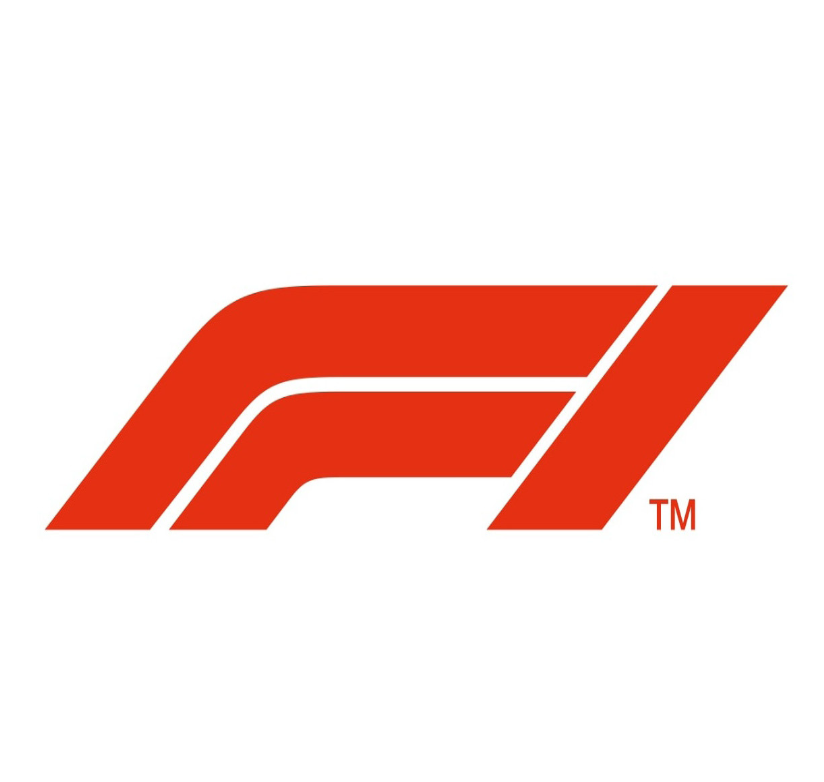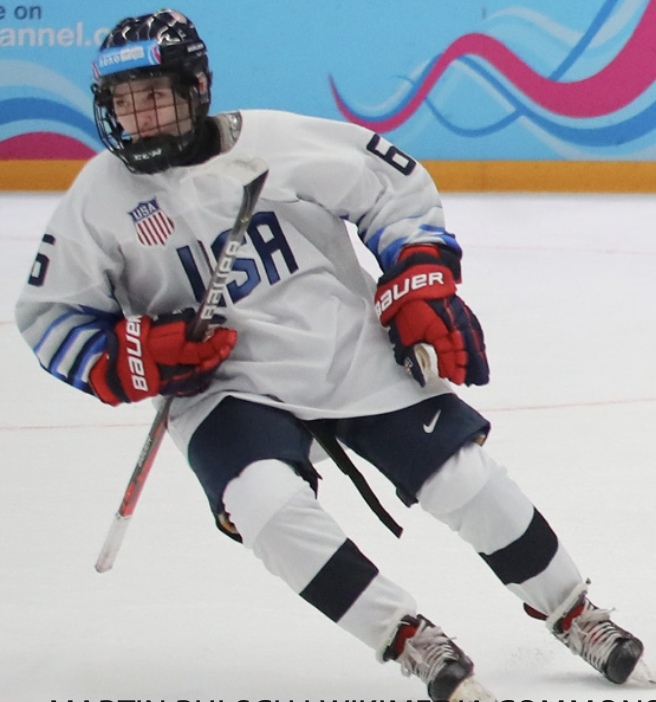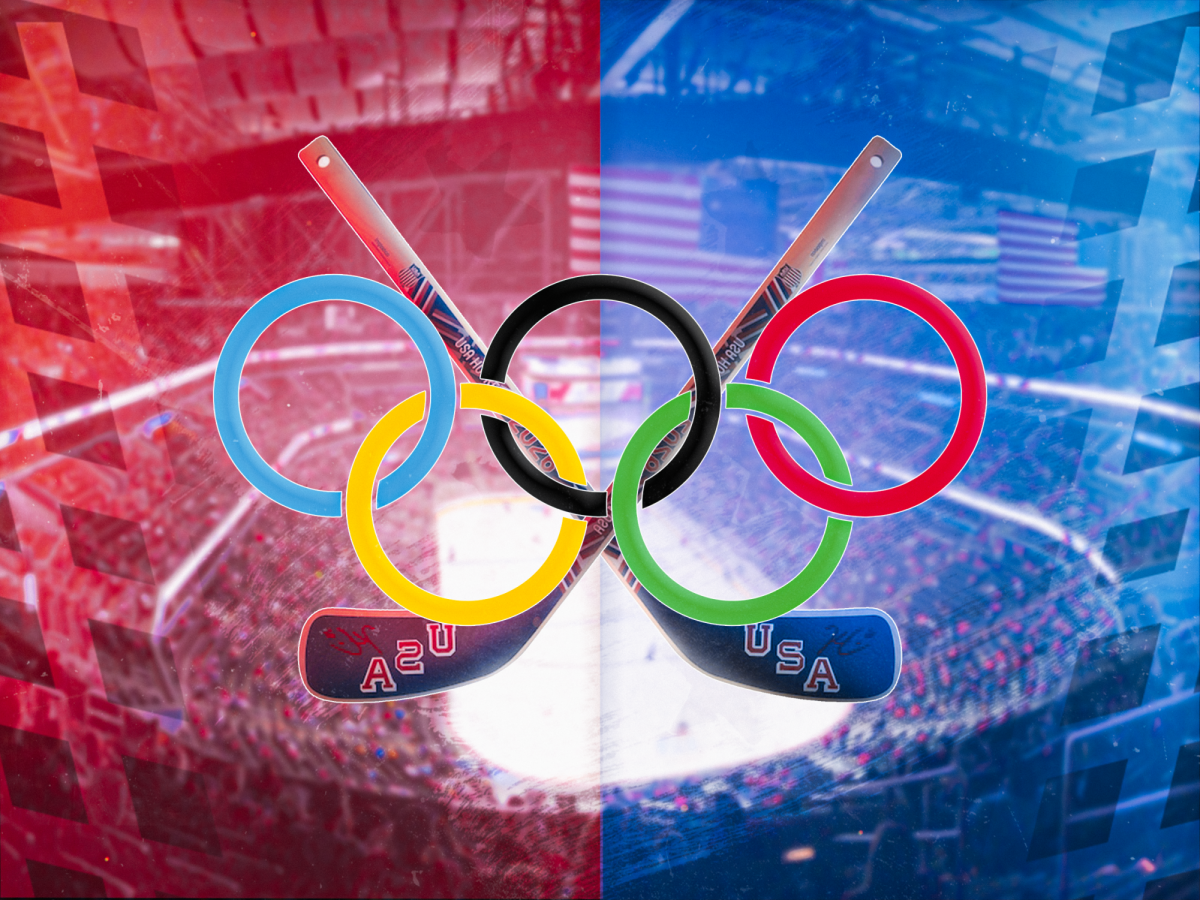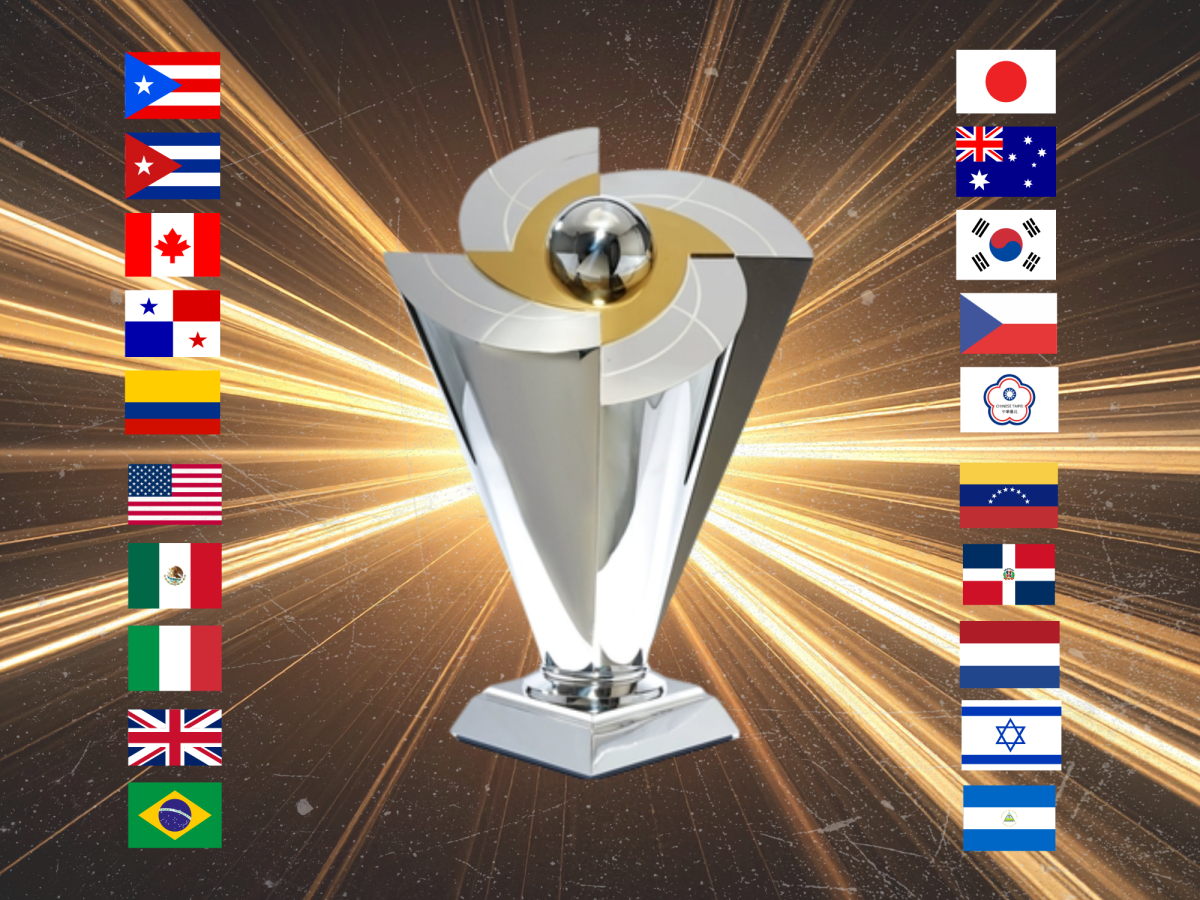For many people, sports are the only way to escape from work and the daily news. Sports offer people a way to take a break from political conversation and enjoy the games in front of them.
However, sports and politics have intersected with one another for a long time. A few of the most memorable examples include the 1968 Olympic Black Power salute of Tommie Smith and John Carlos and, more recently, NFL players kneeling during the national anthem to raise awareness about police brutality.
The common theme among these events is that athletes are the protagonists who instigate the evocative actions.
In China, however, the athletes are seldom the instigators; the governing bodies often make the controversial moves in sports. In soccer, those actions have improved the sporting environment.
During October, the Chinese Football Association, the governing body of football in China, called up 55 players, all of them under 25 years old, to an 80-day mandatory training camp, according to the South China Morning Post. The purpose was to improve players’ sporting abilities. By doing so, the CFA deprived a few teams of key players toward the tail end of the season in the Chinese Super League — the top division in the country — potentially altered the course of the season.
It is not clear how the camp would help the included players, however. The players summoned are not all senior internationals, and most of them won’t be on the Asian Cup roster next year, so it is not likely that they were trained for the prestigious Continental Tournament next year.
Some players have made meaningful contributions to their respective teams amid intensive relegation battles to preserve their status in the China top-flight. The training camp not only reduced their competitive game time but might also have had a negative impact on the clubs’ well-being. Cameron Wilson, soccer consultant and founding editor of Wild East Football, a blog focusing on Chinese soccer, said that it was “scandalous” for the authorities to schedule the camps at the end of the domestic season.
“It has a very serious impact on sporting integrity,” Wilson said. “How can they [the authorities] expect the fans to support the leagues?”
Just before the 2017 season started, teams in CSL were required to start with at least one U-23 player and could only field three foreign players, down from four in the previous seasons.
While reducing the club’s reliance on foreign players was well-intended, it disrupted its management plans and several teams needed to offload foreign players, often on high wages. At the end of that year, the requirements changed again — authorities required teams to field as many foreigners as U-23 players on the field. Some managers just played young players for a few minutes, conforming to the rules as little as possible.
There is also the issue of political interference, according to statutes written by FIFA, the world-governing body of the sport, which requires the statutes of individual member associations “to be independent and avoid any form of political interference” and “to ensure that judicial bodies are independent.”
In the overall Chinese Football Reform and Development Programme published by the General Office of the State Council, it is also stated that under the control of the State Counil, “The CFA and the General Administration of Sport … should be independent from each other.”
Despite its own rule, with CFA denying involvement in setting the camp, the only decision-maker seems to be the GAS.
FIFA, while having instances of punishing members for making decisions based on politics, has failed to take a stance on this issue.







